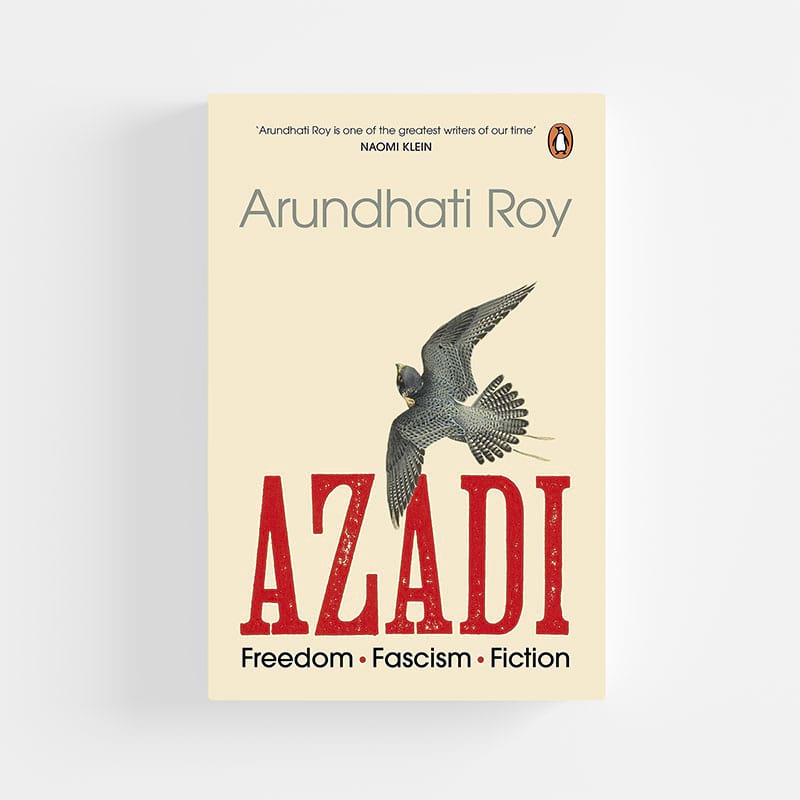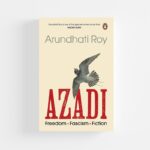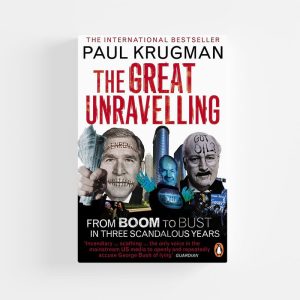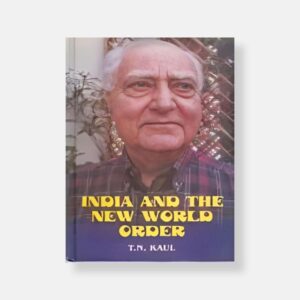Azadi-Urdu for Freedom-is the refrain in the iconic chant of the Kashmiri freedom struggle. And now, while Kashmir’s streets have been silenced, the irony is that its people’s anthem, with similar lyrics, rhythm and cadence, echoes on the streets of the country that most Kashmiris view as their coloniser. What lies between the silence of one street and the sound of the other? Is it a chasm, or could it become a bridge?
In this series of penetrating essays on politics and literature, Arundhati Roy examines this question and challenges us to reflect on the meaning of freedom in a world of growing authoritarianism.
Roy writes of the existential threat posed to Indian democracy by an emboldened Hindu nationalism, of the internet shutdown and information siege in Kashmir-the most densely militarized zone in the world-and India’s new citizenship laws that discriminate against Muslims and marginalized communities and could create a crisis of statelessness on a scale previously unknown.
The essays include mediations on language, public as well as private, and the role of fiction and alternative imaginations in these disturbing times.
Azadi, she warns, hangs in the balance for us all.







